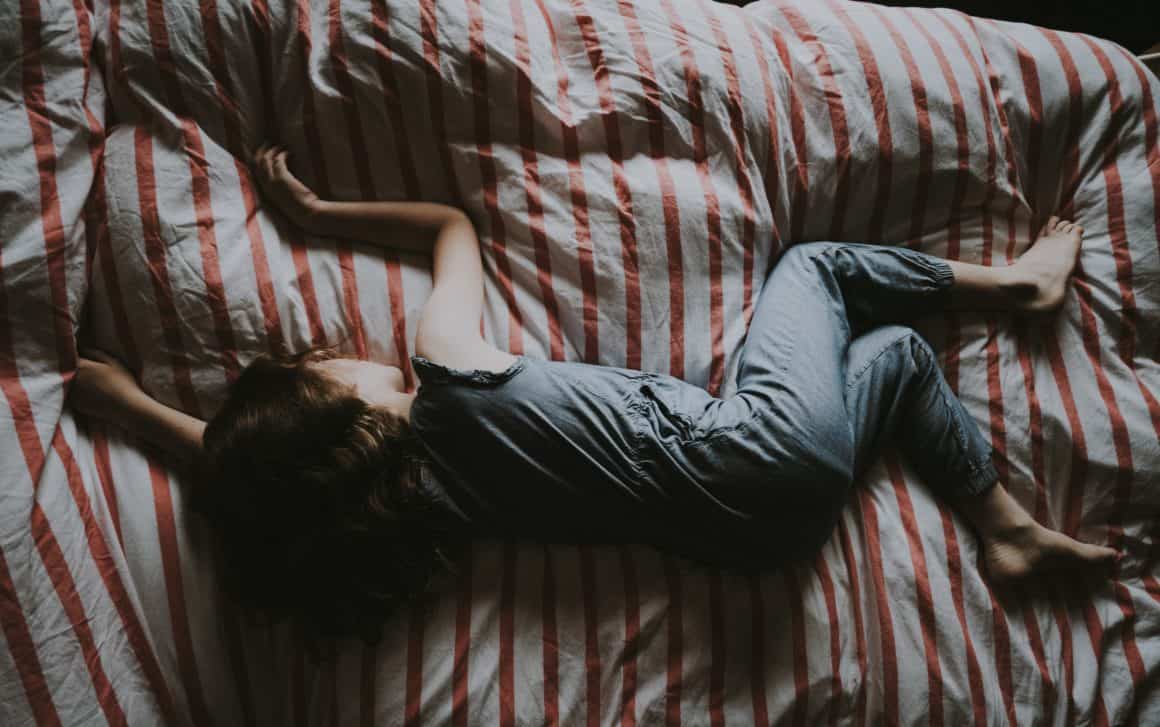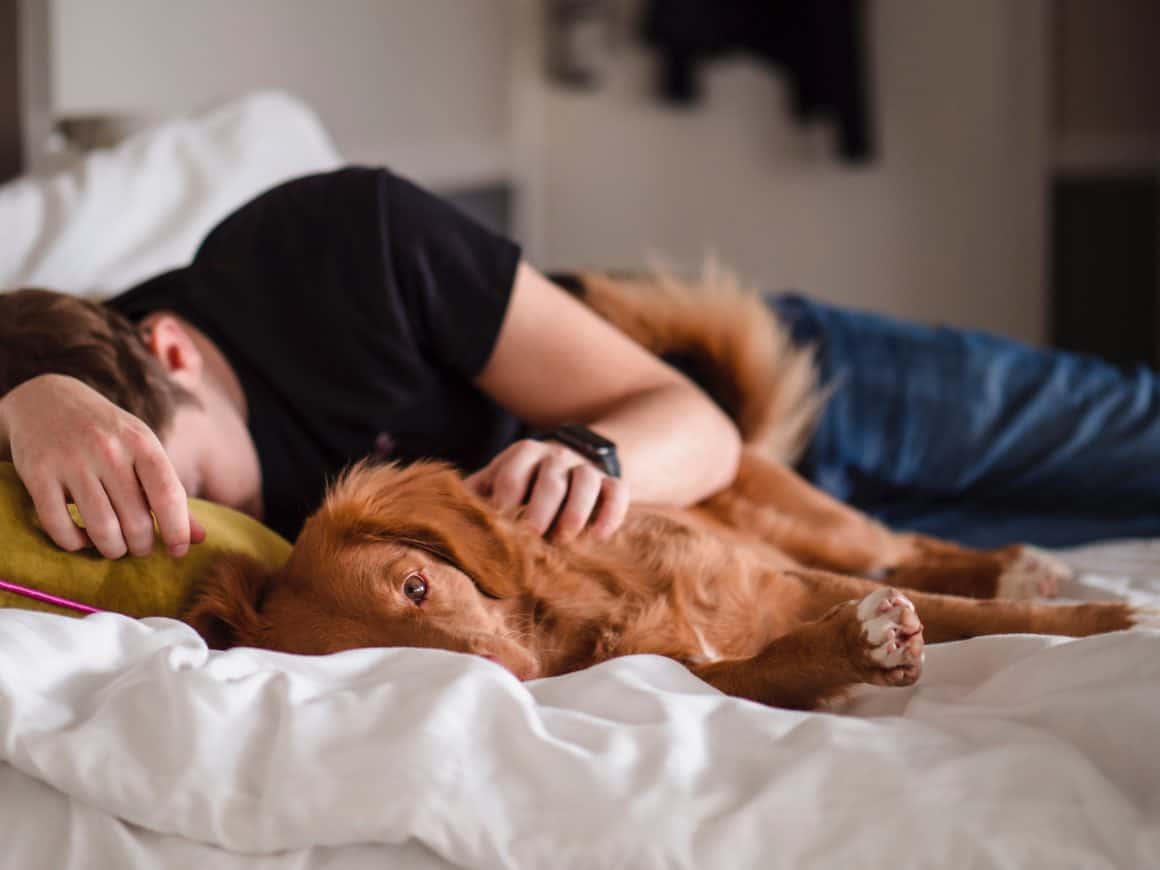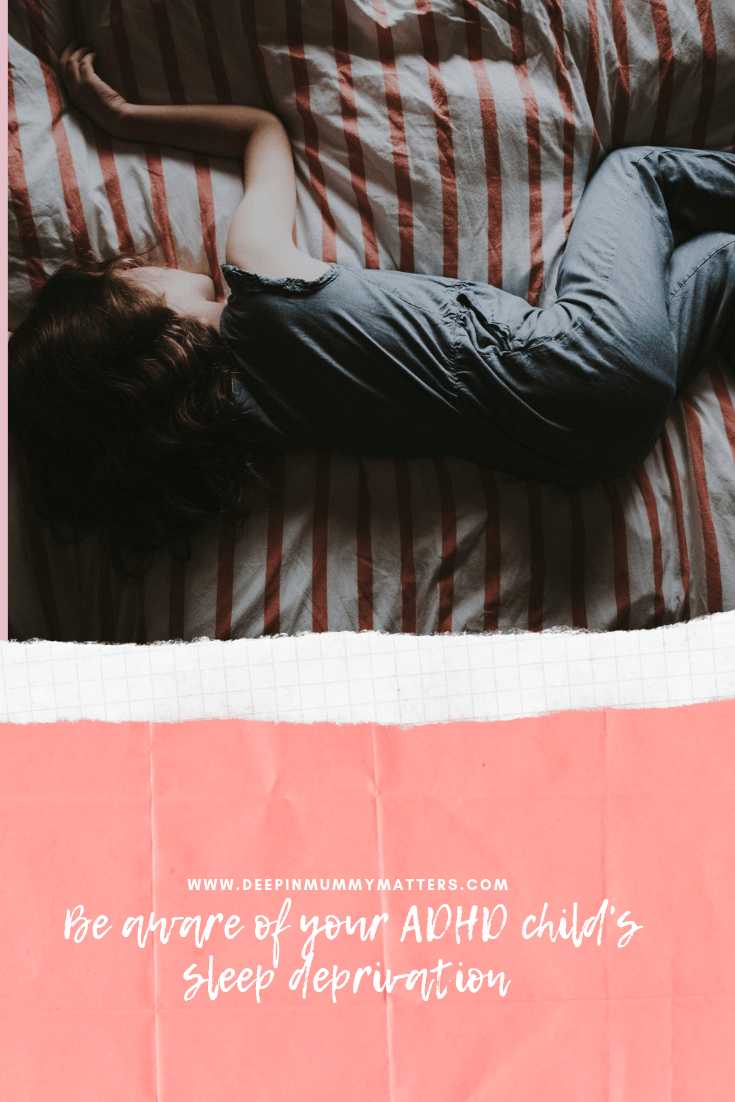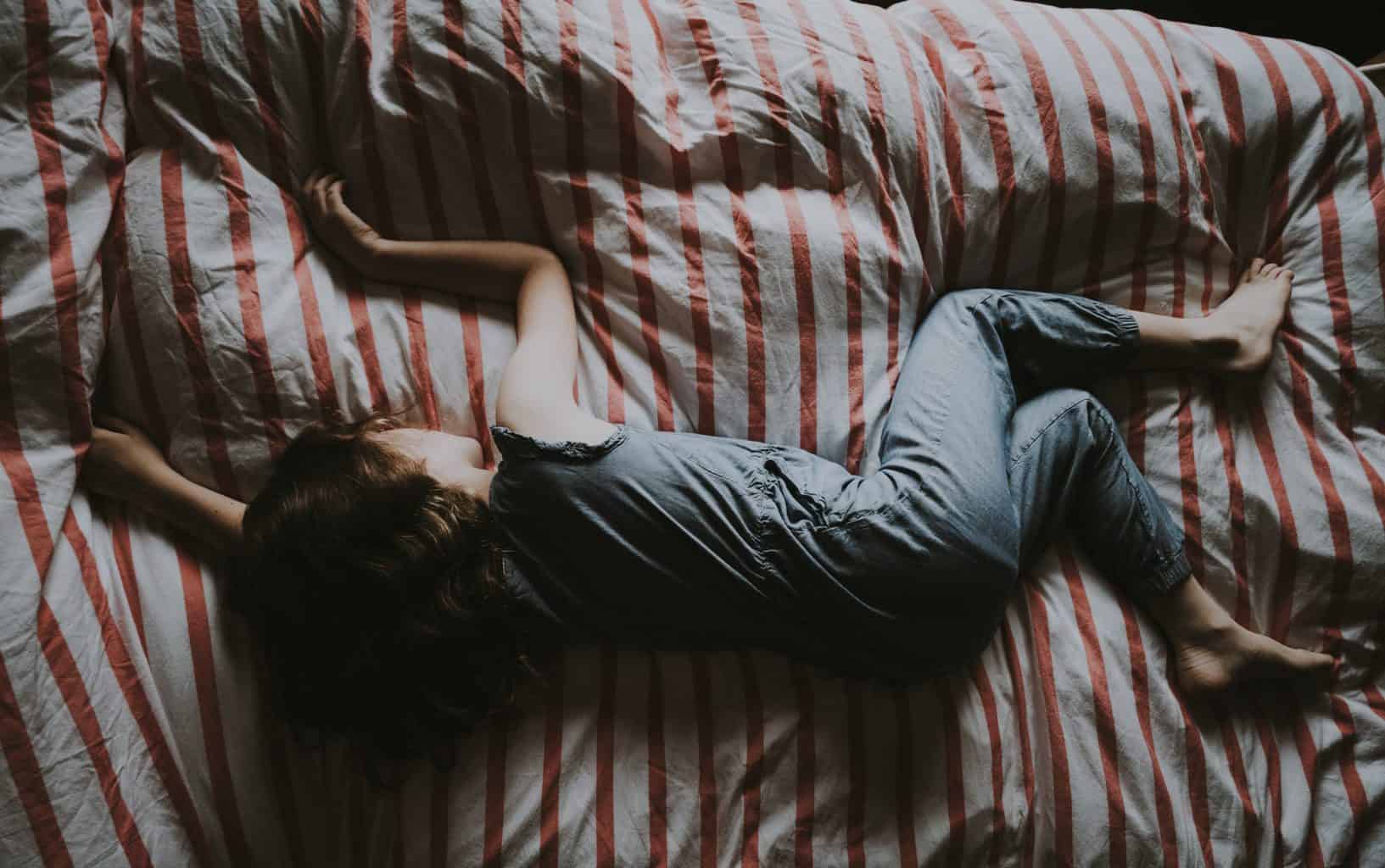ADHD (attention deficit hyperactivity disorder) seems to be a long-term disease that triggers various hyperactivity, impulsivity, and destructive activities. ADHD patients also struggle to concentrate, stay still, or restrain their instincts.
Year after year, millions of kids are diagnosed as having ADHD, and the disorder also persists into adolescence.
Arranging safe sleep systems for your ADHD children can help them in having a sound sleep.
Around 5% of children and teenagers have attention deficit hyperactivity disorder (ADHD), and sleep disorders are normal in such cases. There is strong evidence that sleep issues play a major role in developing ADHD in children and adolescents. Serious sleep problems and sleep disturbances due to comorbid psychological symptoms or ADHD medicines are common sleep issues in children with ADHD.
What does the evidence indicate about sleep Deprivation?

Children and adults with ADHD are thought to have sleep disturbances as the most frequent coexisting issues.
According to different reports, they can impact around 25% to almost 70% of youth and adolescents with ADHD.
Analysts are really not clear why ADHD and sleep issues are so often associated.
Besides that, it is thought that perhaps the symptoms could make it very difficult to relax and fall asleep properly. It can lead to several sleep issues, making it impossible to have a good sleep at night.
Genotype and systemic brain disorders can also play a critical role, according to the latest findings.
Many ADHD drugs have side effects. It can affect sleep if taken fairly late in the day.
Sleep deprivation can exacerbate any ADHD and ADHD-related symptoms. Bad sleep quality, on the other hand, impacts children and adolescents in various ways. Kids who do not get proper sleep are more likely to be aggressive.
The Common Disturbances in Sleep Deprivation With ADHD Children
To feel active and healthy throughout the day, everybody requires 7-9 hours of sleep per night. Children with ADHD mostly have trouble falling asleep.
The ADHD symptoms worsen due to exhaustion, making it more difficult to sleep the following night. The loop continues. So it affects a large number of people.
With ADHD, it’s hard to fall asleep
10 to 15% of ADHD children have difficulty falling asleep. This is more than double the prevalence of children without ADHD. With increasing age, the above number rises rapidly.
Having trouble getting the child to go to bed
The kid might delay bedtime and refuse to go to bed. They could spend hours within the room.
Associations for sleeping
Most kids with ADHD need to have a specific item to fall asleep at night-time. This may include a desire to watch TV or perhaps the need for a parent’s presence to fall fast asleep. If the thing they wanted to fall asleep is no longer there, children would often wake up in the night.
Restless Sleep
Although restless sleep is a frequent parent concern in children with attention deficit disorder (ADHD), it has also been linked to other syndromes, including restless legs syndrome or disruptive sleep problems.
When people with ADHD eventually fall asleep, it is a restless sleep. They toss and turn in their sleep. A certain sound in the home wakes them up. They are so erratic that sleeping mates often opt to take naps in a different bed. They always wake up and find the bed ripped apart and the sheets thrown on the floor. Sleep does not rejuvenate them, and they awaken just as exhausted.
Leg tremors Or Restless Legs Syndrome (RLS)
Leg pain and a strong urge to move the legs during sleep are common illnesses. Many scholars cite the sensation as squeezing, trembling, cramping, or scratching. RLS affects about 2% of the general population and 44% of people with ADHD.
With ADHD, it’s tough to get out of bed

If your child has ADHD, rising at a certain time is challenging, resulting in major issues such as being delayed for jobs, trips, meetings, or classes.
The Impact of Sleep Disorder in ADHD Children
Serious sleep disorders in children will make it difficult for the household to work during the day. Children’s sleep disturbances impact their day-to-day life badly. They may contain the following:
- During the day, your child could be tired and annoyed.
- Morbidly obese
- For simple tasks, more guidance is needed.
- The ability to concentrate and persevere with tasks is harmed.
- Coordination can appear to be absent.
- With daily tasks and schoolwork, more inconsiderate mistakes are made.
- For smaller stimuli, they can be more emotionally sensitive, crying or being violent.
Causes of Sleep Problem With ADHD Children
Biology
Although the study is experimental and often hypothetical, it appears that children with ADHD have biological anomalies in general. ADHD sleep disorders are associated with disturbances in neurotransmitter systems, especially when it involves dopamine and norepinephrine.
Many studies suggest irregular circadian rhythms can play a role in ADHD children’s sleep patterns.
ADHD Medication
Stimulant medication for ADHD can cause sleep problems, but children with ADHD not taking medication can also face sleep apnea.
Other Cases
Mood disorders, anxiety, learning disabilities, behaviour disorder, and obsessive-compulsive disorder are common in people with ADHD, leading to sleep issues.
Sleeping Tips For ADHD Children
Psychotherapy Techniques
CBT (cognitive behavioural therapy) will teach you how to handle or eradicate anxiety and thoughts that keep your children awake at night.
Before going to bed, try calming methods like yoga and breathing exercises to help you relax.
ADHD Medication
After consulting with a doctor, ADHD medication can help with sleep disorders.
Bedtime Routine
Begin the sleep schedule 30 to 60 minutes before going to bed and connect with primary night-time practices like bathing, reading, drinking a hot drink, and talking.
Regular Exercise
Performing physical exercise, particularly aerobic practice, helps fall asleep faster, spending a lot of time in deep sleep, and waking up less frequently during the night.
It’s not pleasant to get a sleep disorder on top of ADHD. You can help your children by decreasing the ADHD problems and boost your child’s sleep only with proper medication and lifestyle changes.


